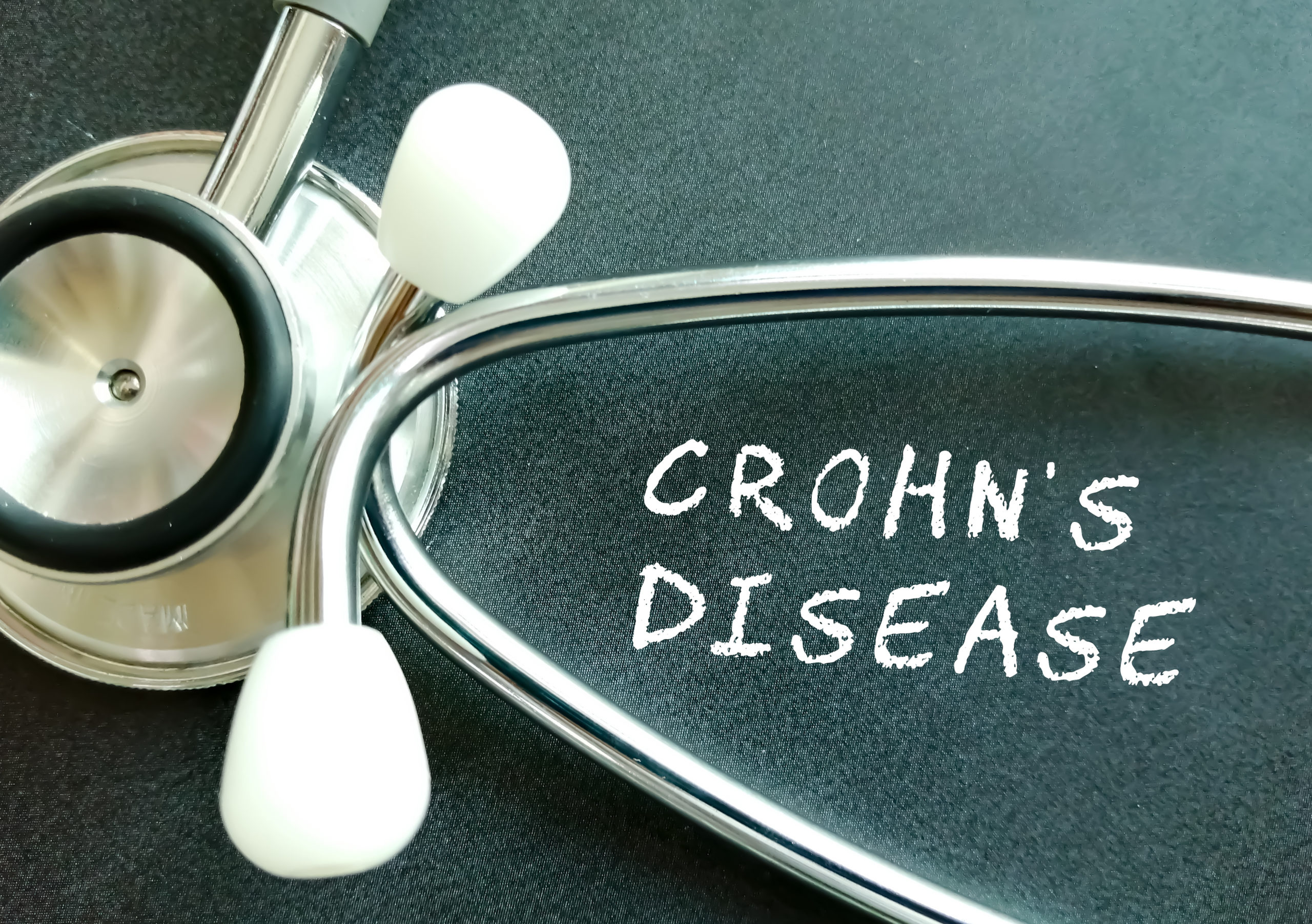Crohn’s disease affects the lives of millions around the world, which continues to apply pressure on scientists that are working tirelessly to understand the condition. A big topic that remains not well-addressed is how norovirus infection — the common, highly contagious stomach bug — triggers disease onset in patients with Crohn’s. Researchers from NYU School of Medicine now say they may have cracked the case, and their findings could lead to better treatments for the chronic condition.
According to a new paper, scientists report that norovirus inhibits immune-defending T cells from secreting a protein that protects people with a specific mutation from developing Crohn’s disease.
The idea of this began to float around when previous works found that most Crohn’s disease patients have a genetic mutation that leaves the gut more susceptible to damage. Further confirming that this should be an area of further study, it was discovered that half of Americans have this mutation — yet only around 500,000 go on to develop the condition.
Using this information, the team experimented on mice genetically modified to have the mutation linked to Crohn’s. They then injected them with AP15, the protein secreted by T cells that tells the immune system to hold off on going into attack mode, ultimately sparing the gut lining. The mice that received this survived whereas half of the untreated mice did not. This solidified the idea that AP15 protects the gut, which was hypothesized based on previous work.
Study authors say that in the human tissue of those with Crohn’s, there were between fivefold and tenfold less AP15-secreting T cells than in healthy humans.
The investigators also found similar results from more experiments they conducted. In these, they created organ-like structures out of gut lining cells from human tissues with the mutation. They put AP15 into these structures and found that AP15 was protective of the gut lining, enhancing their evidence.
“Our findings offer new insight into the key role that apoptosis inhibitor five plays in Crohn’s disease,” says study lead author and gastroenterologist Dr. Yu Matsuzawa-Ishimoto, in a statement sent to Gut News. “This molecule may provide a new target for treating this chronic autoimmune illness, which has proven difficult to manage over the long term.”
Matsuzawa-Ishimoto also adds that current therapeutic interventions are immunosuppressive, which increases patient risk of infection. Additionally, they lose effectiveness within just a few years time, which means that therapies with different targets, such as AP15, are needed as they may help avoid these outcomes.
“Our study suggests that when norovirus infects those with a weakened ability to produce apoptosis inhibitor five, it tips the balance toward a full-blown autoimmune disease,” concludes study co-senior author and microbiologist Ken Cadwell, PhD, a professor of Microbiology at NYU Langone.
While the team agrees that these findings are strong, safety is still a concern as far as injection of AP15 into actual humans and not just mice, irrespective of human cells being used in this work. Next steps for the researchers involve understanding long-term implications of AP15 injections.
The study is published in the journal Nature.
